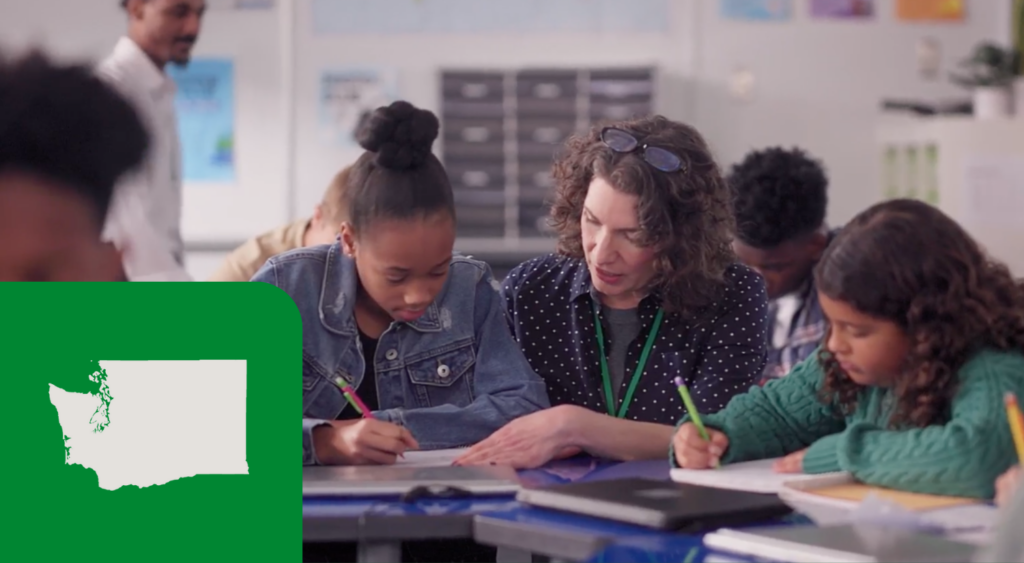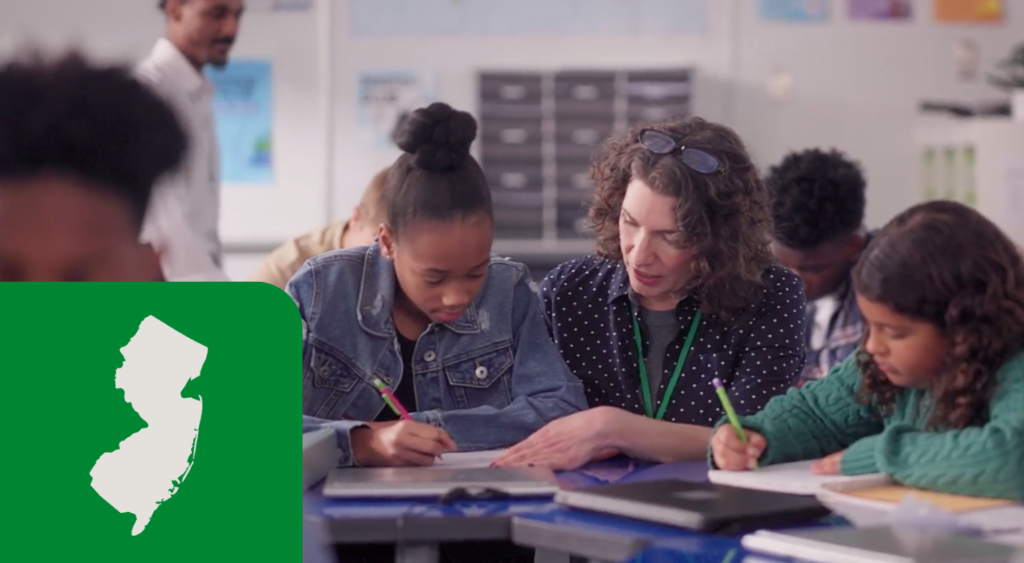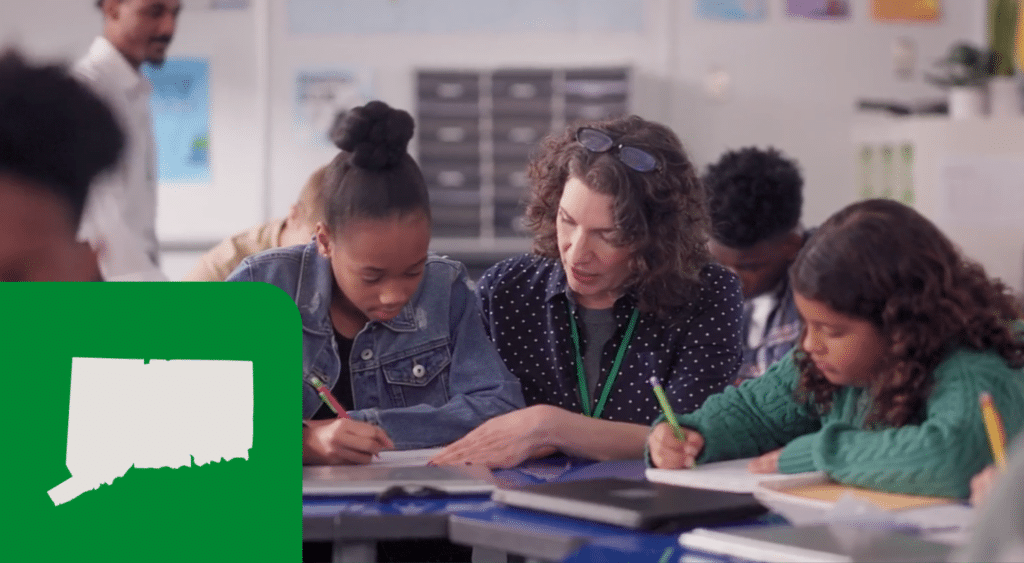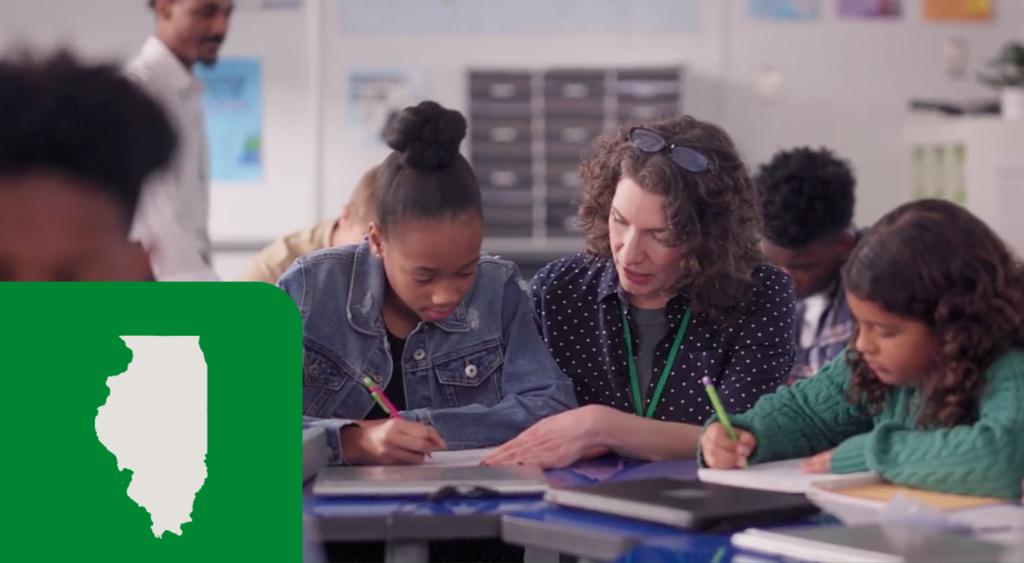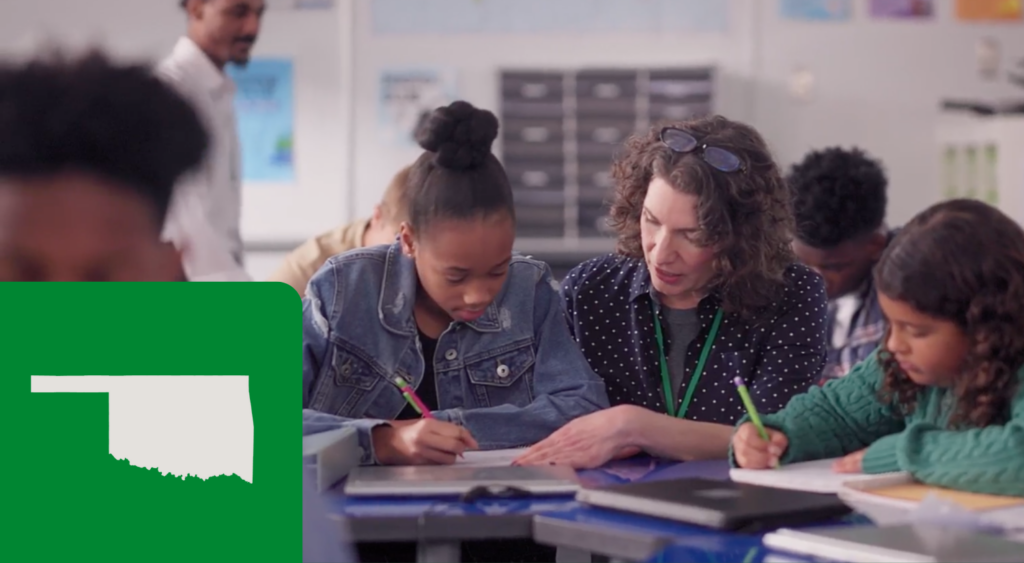Posts Tagged ‘Special Education’
How to become a paraeducator in Washington state.
Reading Time: 3 minutes To become a paraeducator in Washington state, you’ll need to meet a few requirements, including: a high school diploma or GED, and be at least 18 years old. Minimum Washington state paraeducator requirements, at a glance: High school diploma or equivalent with a passing score on a professional assessment. Education requirements can vary by…
Read MoreHow to become a paraprofessional in NJ.
Reading Time: 4 minutes To become a paraprofessional in New Jersey, there are several requirements you need to meet to land this important role in our schools. Minimum New Jersey state paraprofessional requirements, at a glance: High school diploma or equivalent Some districts may require additional college credits Background check and fingerprinting Health clearance Employment verification In addition…
Read MoreHow to become a paraprofessional in CT.
Reading Time: 3 minutes To become a paraprofessional in CT, you’ll need to meet Connecticut state requirements which include passing a background check. Minimum Connecticut paraprofessional job requirements, at a glance*: At least 18 years old High school diploma or GED with passing score on ParaPro Assessment Criminal background check Fingerprinting In addition to Connecticut state requirements, Kelly…
Read MoreHow to become a paraprofessional in Illinois.
Reading Time: 4 minutes To become a paraprofessional in Illinois, there are several requirements you need to meet to land this important role in schools—this includes getting a license. Minimum requirements to become a paraprofessional in Illinois. 20 years old Paraprofessional Educator License (ELS-PARA) from the Illinois State Board of Education (ISBE). Meet one of the following academic…
Read MoreSubstitute teacher strategies for working with students with disabilities.
Reading Time: 4 minutes As a substitute teacher, understanding best practices for working with students with disabilities will help you provide all students with the support they need to do their best. About 7.3 million students in the United States qualify for special education supports and services—that’s about 15% of students. Dr. Kathleen Adolt-Silva, Director of Special Education content…
Read MoreHow to become a paraeducator in Iowa.
Reading Time: 3 minutes To become a paraeducator in Iowa, there are specific requirements you must meet—including training and a background check. Minimum Iowa paraeducator requirements, at a glance*: High school diploma or equivalent Completion of an approved paraeducation certification program Mandatory Reporter Training In addition to Iowa state requirements, Kelly Education requires you to: complete our ParaSmarts…
Read MoreParaeducator training: Best practices for working with students.
Reading Time: 4 minutes Supporting students with special needs is some of the most rewarding work you can do—and it requires a special skillset achieved though paraeducator training. Kelly Education hires thousands of paraeducators and substitute paraeducators across the country and we believe that dedicated paraeducator training and continuous professional development is the key to successfully improving student outcomes. …
Read MoreSubstitute Teacher Guidance: Positive Behavioral Interventions and Supports (PBIS)
Reading Time: 4 minutes Positive behavioral interventions and supports (PBIS) are techniques that create a consistent, supportive classroom environment, reinforcing positive behavior to promote student engagement and success. As a substitute teacher, understanding and implementing PBIS is key to making you a more effective educator. At Kelly Education, we believe in providing our educators with world class continuing…
Read MoreHow to become a paraprofessional in Oklahoma.
Reading Time: 3 minutes To become a paraprofessional in Oklahoma, you’ll need to meet a few key requirements around education, certification, and training. These standards help ensure that paraeducators are prepared to support students and teachers in meaningful and impactful ways. Minimum Oklahoma paraprofessional requirements (Tier 1), at a glance:* High school diploma, GED, or recognized high school…
Read MoreWhat is learned helplessness? How school paraprofessionals can foster student independence.
Reading Time: 5 minutes As a paraprofessional in schools, building relationships with students will help them feel safe and comfortable. While this support helps students to engage in classroom activities, it can also cause learned helplessness. Research shows students who receive one-on-one support sometimes become dependent on their paraprofessionals. They may ask for help with every task, even ones…
Read More